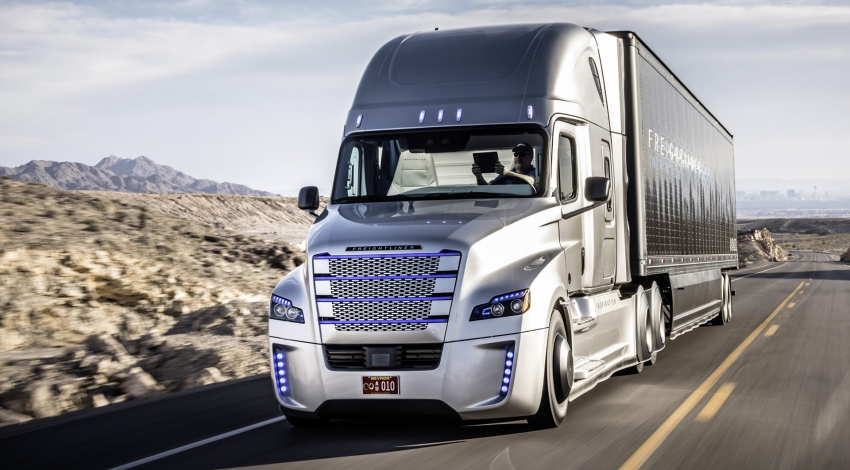Daimler is looking to revive assembly and manufacturing operations in Iran, as it continues to hold discussions with its former local partners in hopes that sales opportunities there could help offset any negative impact in the Middle East from low oil prices.
In the wake of this year�s nuclear deal between Iran, investors and businesses from the P5+1 countries and the European Union are awaiting the lifting of sanctions and the chance to tap into a $406 billion economy.
Speaking to Bloomberg Businessweek Middle East, Dr. Wolfgang Bernhard, a member of the board of management of Daimler responsible for trucks and buses, said the company was �right now negotiating and discussing with our Iranian partners�.
"A major milestone would be lifting of sanctions in March or April and that, once we're able to come to terms with our partners, Daimler would go public with its plans. We�ve been in the country since the 1950s," he said.
Daimler was a major supplier of trucks and buses and passenger for many years, what with assembly, axle and engine operations, besides manufacturing all these components in the country.
�[This] machinery and equipment [is] still there. They have been mothballed; nothing that we cannot reestablish and fix. We just need an oil can and a rag to dust them off,� he said.
Bernhard said the company also had a trained, local workforce ready to take up tools again, adding that this was important to Iranian authorities.
Daimler shut down its Iranian office four years ago, abandoning a 30% stake in a diesel-engine venture with Iran Khodro and halting deliveries of three-axle trucks.
A reentry into Iran next year would be timely, as the company expects the trickle-down effect of low oil prices to have an impact on its business in the Middle East. Its largest market in the region is Saudi Arabia, followed by Egypt and the UAE.
"I think we are at the point where some governments in the region are gently pushing the brakes on expenses," said Bernhard. "We see the fallout a little bit already. We are seeing it on the passenger vehicle and commercial vehicle side. We also expect that this will accelerate into next year."
As it looks to distinguish between its passenger and commercial vehicle sales' efforts, the company last month set up the first of six new regional centers in Dubai.
Daimler Commercial Vehicles Middle East & North Africa will be responsible for sales and after-sales of Mercedes-Benz trucks and vans, FUSO vehicles and Setra buses, supporting efforts in 19 countries from the office.
The Middle East and North Africa region currently accounts for approximately 10% of the company's global commercial vehicle sales.
By Financial Tribune
# Tags











